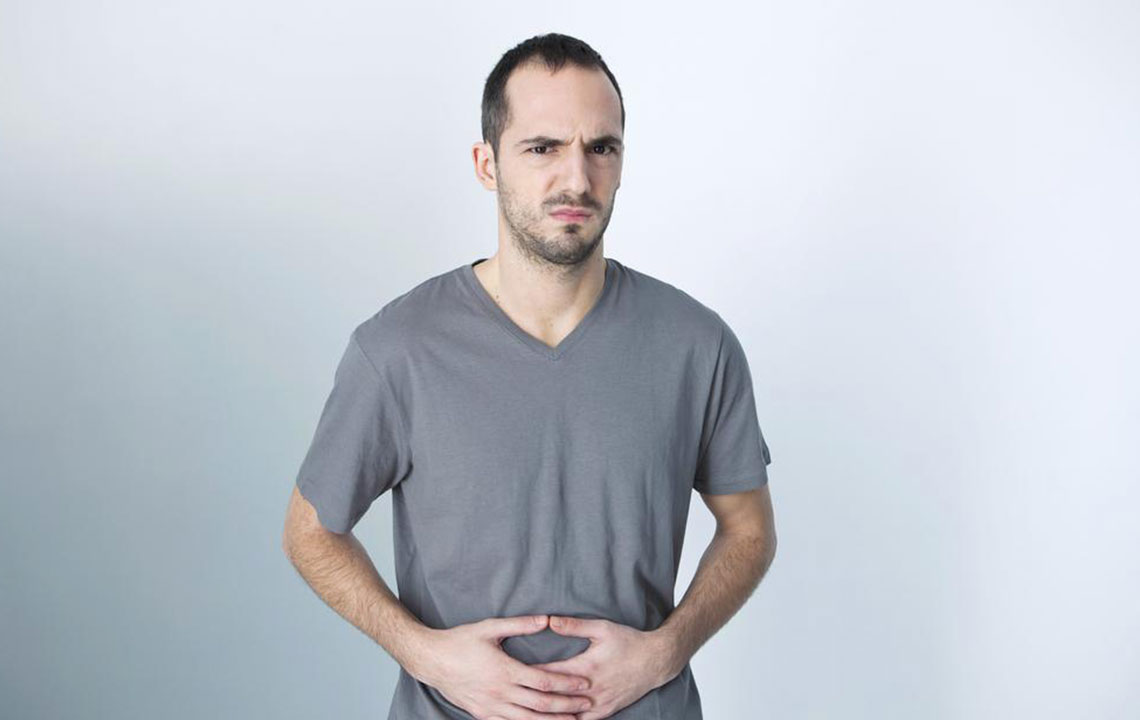Causes and Management of Stomach Discomfort
This article explores common causes of stomach discomfort, from minor issues like indigestion and menstrual cramps to serious conditions such as infections and organ diseases. It highlights symptoms indicating when urgent medical attention is needed and discusses treatment options tailored to the underlying causes. Knowing these details helps in timely diagnosis and effective management of abdominal pain, ensuring better health outcomes.

Stomach Discomfort: Understanding Causes and Treatment Options
Experiencing stomach discomfort is a widespread issue that many people face at some point. It encompasses pain or discomfort in the abdominal area, which can involve various organs. Proper diagnosis is crucial to identify the root cause accurately.
Most mild stomach issues resolve on their own or with simple remedies. However, ongoing or severe pain may indicate a serious health concern requiring medical evaluation.
Possible Reasons
Different factors can cause abdominal pain, ranging from minor issues to serious conditions.
Common Causes:
Indigestion
Menstrual cramps
Gastrointestinal viral infections
Constipation
Diarrhea
Gas buildup
Peptic ulcers
Irritable bowel syndrome (IBS)
Other Potential Causes:
Food allergies
Urinary tract infections (UTIs)
Food poisoning
Pelvic inflammatory disease
Endometriosis
Crohn’s disease
Hernia
Gastroesophageal reflux (GERD)
Gallstones
Kidney stones
Appendicitis
Cancers of the liver, pancreas, or stomach
When to Consult a Healthcare Provider
If symptoms persist or worsen, seek medical help promptly. Immediate consultation is recommended if experiencing:
High fever
Dehydration
Persistent vomiting, blood in vomit or stool, nausea
Abdominal tenderness
Swelling or bloating
Jaundice (yellowing skin)
Pain during urination or blood in urine
Shortness of breath or chest pain
Severe neck or shoulder pain
Treatment Strategies Based on Causes
Menstrual discomfort can be relieved with OTC pain relievers as advised by a doctor.
Infections may require antibiotic therapy.
Diet modifications, such as avoiding specific foods, can alleviate food-related triggers.
Advanced diagnostics like imaging tests, endoscopy, or laboratory analysis may be necessary for precise diagnosis.
Severe cases may require surgical intervention.
Effective treatment depends on identifying the underlying cause and specific symptoms.
Note:
The information shared here is for educational purposes and should not replace professional medical advice. Always consult healthcare professionals for diagnosis and treatment of health issues.


